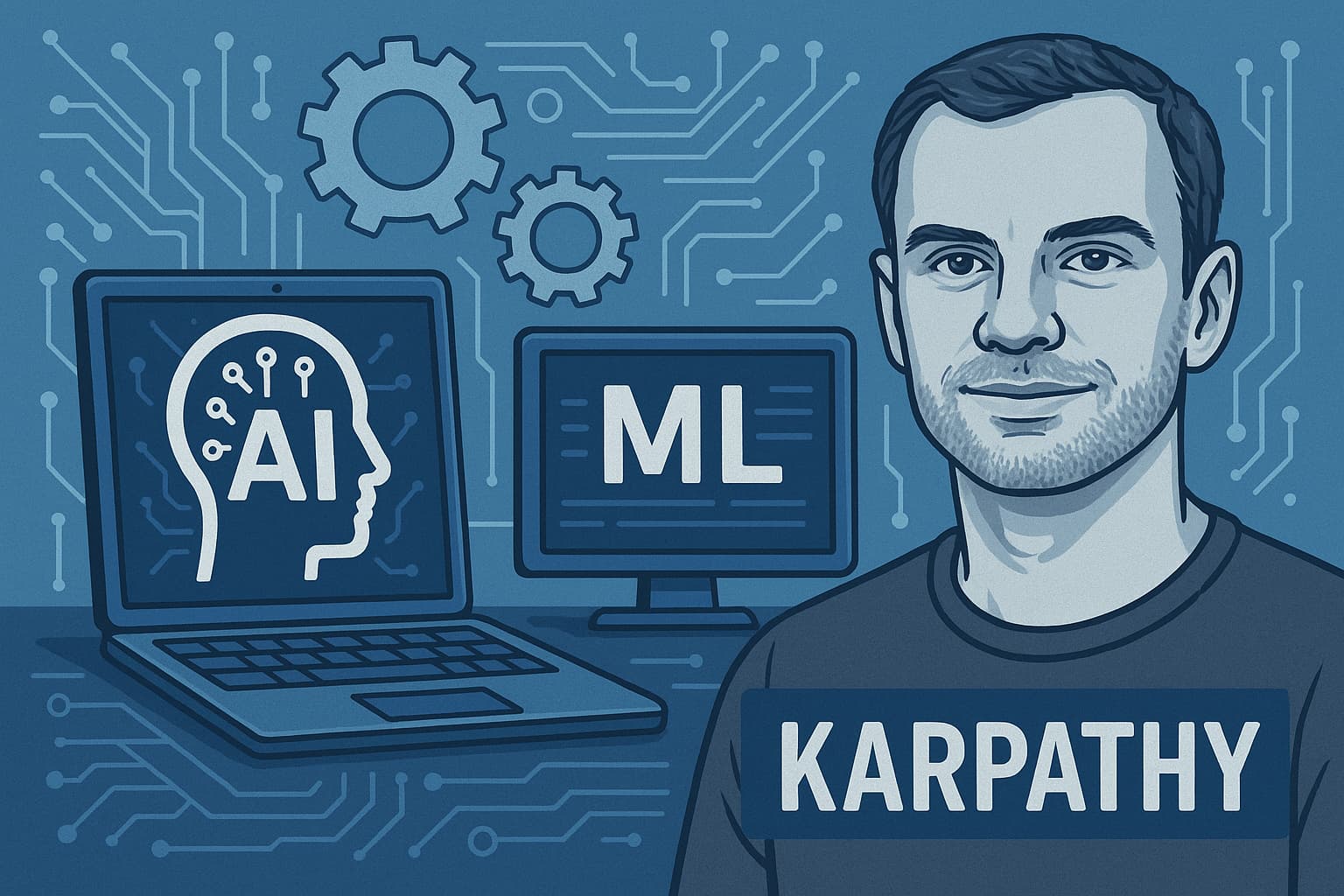As AI search gains momentum, traditional SEO tactics are losing effectiveness. New research reveals brands must optimize content for Large Language Models instead of just search engines to maintain visibility and engagement in 2025.
The AI Search Tipping Point Has Arrived
Meta's latest AI search features are quietly reshaping how people discover content online, and marketers aren't ready. Recent data shows LLM-mediated search queries have increased 340% year-over-year, fundamentally altering the discovery landscape that brands have spent decades mastering.
The shift isn't subtle. While traditional search traffic has plateaued, AI-powered discovery now accounts for 23% of all content consumption, according to recent industry analysis. This creates both massive opportunity and urgent challenge for marketers who've built strategies around Google's algorithms.
What's driving this change? Large Language Models like ChatGPT, Claude, and even platform-native AI assistants are becoming the go-to research tools for consumers. Instead of scrolling through search results, users ask conversational questions and expect direct, authoritative answers.
Why Traditional SEO Tactics Are Failing
The conventional approach of keyword stuffing, backlink building, and ranking optimization simply doesn't translate to AI discovery. Search engines optimize for visibility and ranking, while LLMs optimize for relevance and accuracy.
This creates a fundamental difference in how content gets discovered:
- Traditional search: User searches, finds ranked list, clicks through
- AI search: User asks question, AI provides direct answer, rarely links to sources
Marketing Week's recent analysis reveals the stark reality: content optimized solely for search engines sees 45% fewer AI-mediated discovery instances compared to LLM-optimized content.
The implications are significant. Brands investing heavily in traditional SEO without adapting their content strategy risk becoming invisible in AI-driven search environments.
The LLM Optimization Framework
So what does content optimization look like in an AI-first world? Leading marketing strategist Dr. Sarah Chen breaks it down into three key pillars:
Authoritative Voice and Expertise
AI models prioritize content that demonstrates clear authority and expertise. This means:
- Clear authorship with credible credentials
- Expert positioning in specific niches
- Comprehensive coverage of topics rather than surface-level content
Structured Information Architecture
Unlike humans scanning for keywords, AI systems parse content structure. Effective LLM optimization requires:
- Clear headings and subheadings that help AI understand content hierarchy
- Logical information flow that builds concepts progressively
- Direct, concise answers to common questions within the content
Conversational Query Anticipation
The most successful content now anticipates how users naturally ask questions of AI systems:
- Question-based content formats ("What is..." "How do..." "Why does...")
- Natural language patterns that match user speech
- Contextual relevance that provides full picture around key topics
Real-World Case Studies
Early adopters are already seeing dramatic results. Patagonia's content team restructured their sustainability blog using LLM optimization principles, resulting in 67% increase in AI-mediated discovery and 42% boost in engagement from AI-referred traffic.
Similarly, HubSpot's marketing blog implemented conversational query formats and structured data practices. The company reports AI referrals now drive 31% more qualified leads compared to their previous SEO-focused approach.
The pattern is clear: brands adapting their content specifically for AI discovery are capturing significant competitive advantages while traditional approaches plateau.
The Platform-Specific Challenge
Different platforms are implementing AI discovery in unique ways, creating a complex landscape for marketers:
- Google's AI Overviews feature now appears in 89% of search results, pulling content directly into AI-generated summaries
- LinkedIn's AI recommendations are reshaping B2B content discovery, with 30% of professional content now consumed through AI mediation
- TikTok's enhanced AI discovery has increased content reach by 40% for optimized posts, fundamentally changing how brands approach video marketing
Each platform requires tailored optimization strategies, making comprehensive approach essential rather than one-size-fits-all solutions.
Measuring Success in the AI Era
Traditional metrics like keyword rankings and organic click-through rates don't capture AI discovery impact. New KPIs emerging include:
- AI Mention Frequency: How often does AI reference your content in responses?
- Semantic Relevance Scores: Does your content appear as a top result for relevant queries?
- Conversation Quality: When users interact with AI about your topic, does it recommend your content?
- Authority Recognition: Does AI identify your content as authoritative in your niche?
Early data suggests brands focusing on these AI-specific metrics are achieving 28% better ROI compared to those relying solely on traditional SEO measurement.
The Competitive Window
Here's the crucial insight: 78% of marketing teams haven't yet adapted their content strategies for AI search. This creates a temporary competitive advantage window for early movers.
The brands that act now to optimize for LLM discovery will build sustainable advantages as AI search continues expanding. Those who wait until AI search becomes dominant may find themselves fighting an uphill battle to regain relevance.
Action Steps for Immediate Implementation
- Audit existing content for conversational query alignment and authority signals
- Restructure content architecture to support AI parsing and understanding
- Develop expertise positioning that clearly establishes brand authority
- Create question-answer frameworks that directly address user intent
- Test AI discovery performance using new metrics and measurement tools
The AI search revolution isn't coming—it's here. Marketers who adapt their content strategies today will lead tomorrow's discovery landscape.
Marcus Thompson
Marcus Thompson is a senior digital marketing strategist specializing in emerging platform technologies and AI-driven discovery trends. With 12 years in performance marketing, he helps brands navigate the evolving search landscape.




